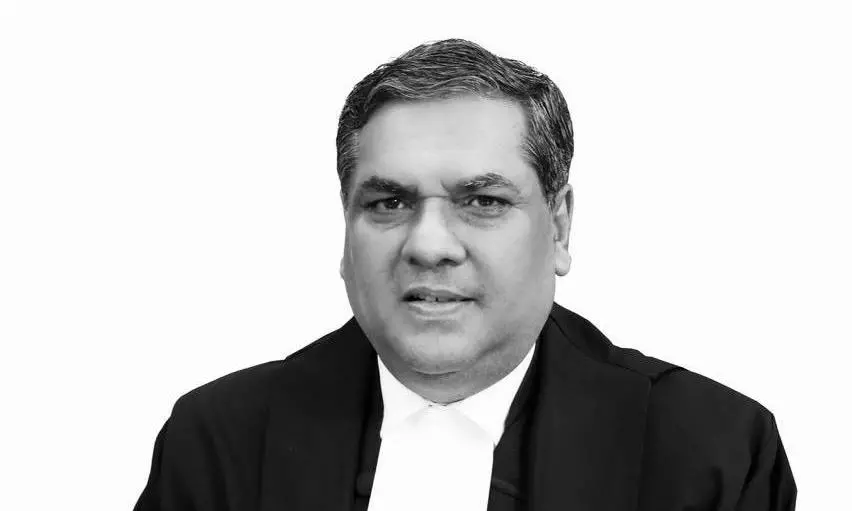
Accessible courts, affordable justice: 4 visions of new CJI Sanjiv Khanna
CJI Sanjiv Khanna prioritises user-friendly courts, reduced trial times, affordable litigation, speedier legal processes to improve accessibility and efficiency

Justice Sanjiv Khanna, sworn in as the 51st Chief Justice of India, brings a history of major judgments, including the upholding of EVM integrity, the unconstitutionality of the Electoral Bonds scheme, and allowing interim bail to former Delhi chief minister and AAP chief Arvind Kejriwal.
While being sworn in as the CJI at Rashtrapati Bhavan on Monday (November 11), Justice Khanna outlined his goals for reforming the judicial system, focusing on accessibility, efficiency, and fairness. Here’s a look at his main priorities:
Approachable and user-friendly courts
Justice Khanna envisions a judiciary that is both accessible and user-friendly, and has outlined a plan to adopt a responsive and feedback-driven approach. He has stressed on the judiciary’s role as an independent but integral part of governance, responsible for protecting fundamental rights and ensuring justice.
Addressing case backlogs and simplifying legal procedures
One of his top priorities is to tackle the growing backlog of cases by simplifying complex legal procedures. This reform is aimed at speeding up the judicial process and making it easier for citizens to navigate.
Also read: CJI Khanna: No oral mentioning for urgent hearing of cases, urges email or written letters
Making litigation affordable and accessible
CJI Khanna has insisted on the need to make litigation more affordable, ensuring it is accessible to all segments of society. He believes that high legal costs should not be a barrier to justice. “It is our constitutional duty to ensure all citizens have accessible justice in our nation,” he said.
Reducing trial duration with a systematic approach
Justice Khanna also plans to improve criminal case management, aiming to reduce trial times through a structured and efficient approach, and enhance the justice delivery system to make it less strenuous for citizens.

